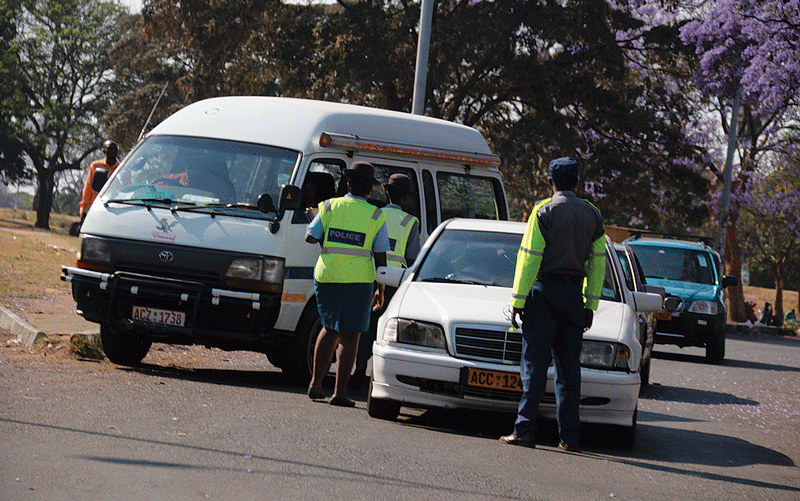THE Zimbabwe Chamber of Informal Economy Association (ZCIEA) members have been urged to be well-versed with laws that govern their operations to avoid clashes with authorities and loss of their livelihoods.
ZCIEA secretary-general Wisbon Malaya said this at a two-day training workshop in Karoi aimed at empowering the members on legal issues, adding that the onus was on them to understand council by-laws.
“These trainings empower the workers and traders in the informal economy to know the laws that govern them,” Malaya said.
“We aim to equip them to become good and well-informed advocates for the change they want to see on their work spaces.
“This can only be achieved if those in the informal sector are good negotiators who understand the law and are also be quipped to become better leaders in their societies.”
Most participants who attended the training workshop were female vendors, with the workshop running under theme Turning research into action: Using the law R204 in our strategies.
Keep Reading
Jane Barrett, a consultant with Women in the Informal Economy: Globalising and Organising, facilitated the training.
“We designed the workshop to empower vendors with knowledge of their legal rights, in particular knowledge of the Administrative Justice Act and Recommendation 204 of the International Labour Organization, of which Zimbabwe is a member state,” Barrett said.
“Recommendation 204 provides guidance to member states and labour stakeholders including workers in the informal economy.
“The guidance is towards formalisation, with an emphasis on improving the working environment in order to improve livelihoods.
“Such working environment improvements would include simple and affordable licensing regimes, infrastructure such as storage and access to water and sanitation, as well as access to finance.”
She added that the training workshop also included an element of negotiations training, equipping the vendors with the skills to engage their counterparts, who are primarily local councillors and officials.
“We are yet to see the full fruits of the trainings, but we are confident that the vendors, through their elected leaders and their organisation ZCIEA, will be able to effectively engage council officials and councillors in order to find mutually agreed solutions to the challenges of vending,” Barrett explained.
According to an International Labour Organization recent research, at least two billion out of three billion of world workers are informally employed.
“That means 61,2% are informally employment. Or six in every ten people are in informal sector.
“Out of these, 63% of men in employment are informally employed, while 58,1% of women in employment are formally working,” part of the research read.





